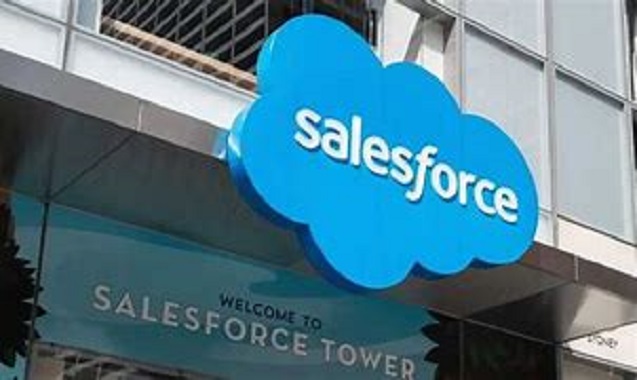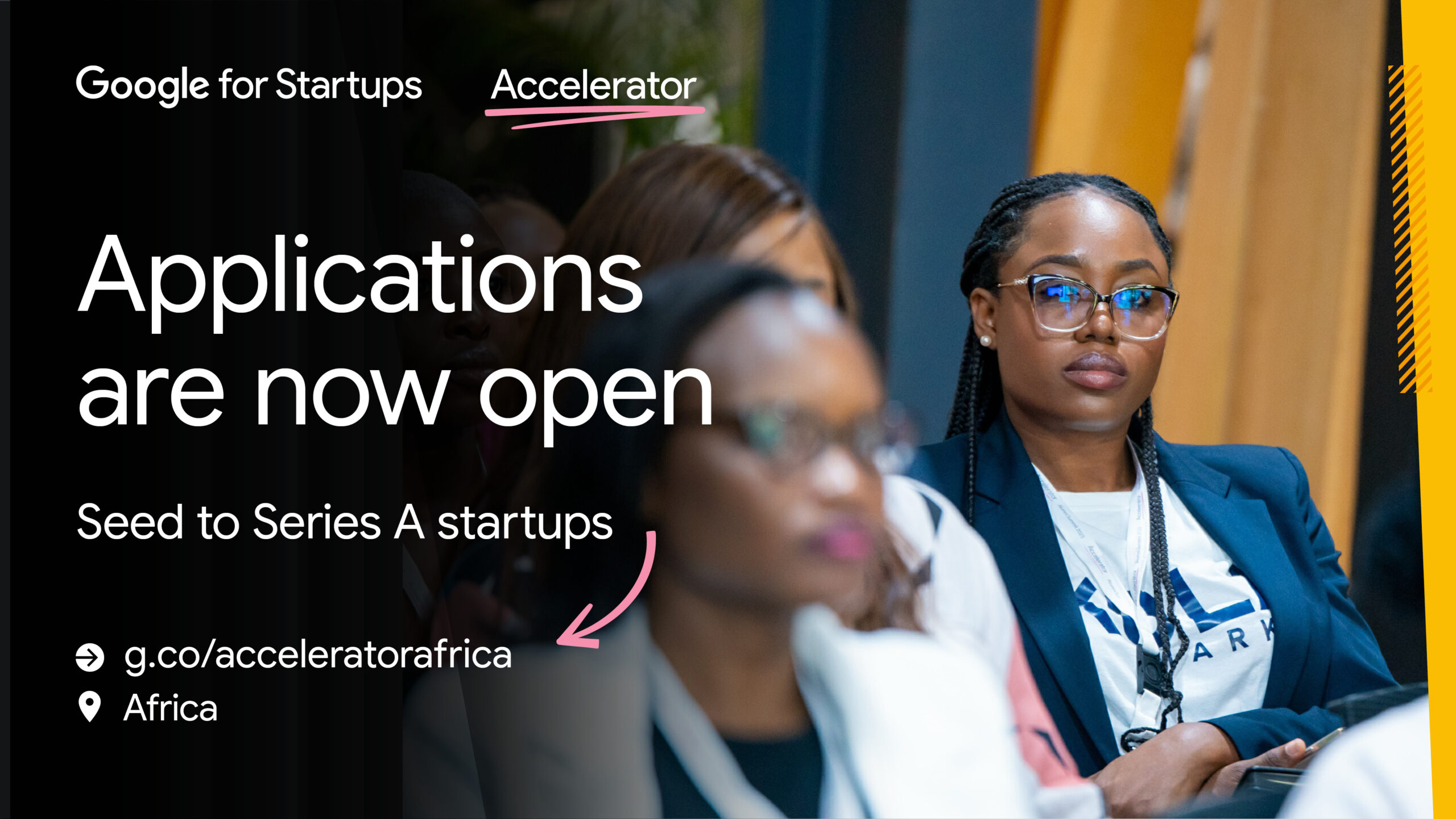Telecom
5 Steps to Protect Yourself from Cyberattacks While Working Remotely during Summer 2023 – Sophos

With the arrival of summer, teleworking becomes the priority option for many workers, but it is necessary to take into account the risks and threats involved in moving the workspace to a new location.

Before the pandemic, cybersecurity started to be considered as a fundamental area in a company. But it’s really after the implementation of teleworking during confinement and the cyberattacks that many companies suffered, due to the exposure of their devices, that IT teams are increasingly focused on raising awareness among their workers. The objective is clear, shield each access point to the business network and monitor it to avoid active threats, making remote work a secure and flexible option.
“At the time the health emergency arose, companies had to apply various measures to continue operating from home, but, although the crisis passed and companies returned to normality, teleworking has remained in many cases. In the first instance, it is the companies that are taking measures to increase their levels of cyber protection, but in addition to that, users can also take measures that accompany them and that allow them to telework from wherever they want while maintaining protection”, explains Chester Wisniewski, Field Sophos CTO.
Flexibility or family reconciliation are some of the advantages offered by this modality, so it is not surprising that it is an option that many workers choose for the summer season. Although at an operational level changing workplaces seems simple, it is important to take into account a protocol for prior actions. Cybersecurity experts at Sophos, a global leader in innovation and delivery of cybersecurity as a service, offer five steps to take to avoid risk and concern in what should be a happy and pleasant time:
1. Previous preparation. Just as you must prepare your devices and materials to establish your office in the new destination, you cannot forget to condition them internally, for this, check that your devices have the appropriate security software installed and that they comply with the compliance policies and security of your organization. solutions are patched and protected.
2. Training. Most cyberattacks start with a vulnerability in the weakest link in the chain, that is, the users. Workers can be the gateway used by attackers to access the rest of the company’s devices. This makes it necessary that, as a worker, it is important to acquire basic knowledge to know how current and identify in time if you are being attacked, either by your company or by your own account.
3. Double check. If you receive an unexpected communication from a coworker or business that seems out of the ordinary, don’t respond directly, rather contact the person or organization using another communications method like phone or SMS to ensure they are who they say they are.

4. Apply updates as soon as they are available. This is easiest on our phones and computers as we are usually prompted to update them, but don’t forget your internet router and smart home things. It is a good practice to check them all for available updates at least once a quarter.
5. Don’t forget to keep the “essentials”. Finally, despite carrying out all the previous steps, we must not forget the most basic protection measures that represent the entry barrier. First, set unique passwords for all your accounts and use a password manager to help keep them long and secure. Ideally, use multi-factor or “two-step” authentication wherever available to provide additional protection.
“Today most devices are used when connected to the internet, so you have to maintain a mindset where devices are considered to be in a hostile environment at all times. The idea that the safe space is inside offices and the insecure one outside is outdated. Now, anywhere you can suffer an attack, but it is true that sometimes when we move along with our workplace we do not take the necessary tools with us, so it is important to be vigilant”, adds Chester Wisniewski.
Telecom
Salesforce Revolutionizes Business Intelligence with AI-Powered Tableau Next


Organisations today face a data paradox: they need to make fast, intelligent decisions but are overwhelmed by large volumes of often unreliable information. With over 75% of business leaders under pressure to prove data’s value, the demand for trusted, actionable insights has never been greater.
What is agentic analytics
Agentic analytics allows users to collaborate with AI agents to speed up the entire data-to-action process. Instead of relying on static visualizations, analysts can use AI to automate tasks like data preparation and ETL (extract, transform, load processes), freeing them to focus on deeper analysis. Business leaders can ask natural language questions and get instant, reliable answers along with recommended actions. This makes data-driven decision-making easier and more efficient, removing the need for technical expertise and manual effort typical of traditional BI tools.
- Automate repetitive data tasks like data cleaning, transformation, and visualization generation, as well as the execution of complex, multi-step analytical workflows within and across different business areas. This builds on Tableau’s strength in simplifying complex data for users.
- Proactively deliver faster, more comprehensive insights by autonomously detecting hidden correlations, outliers, and trends that might be missed by human observation. This enhances Tableau’s focus on user-driven insights by providing AI guidance.
- Enable more contextual and effective action through natural language summaries, visualisations, and data-driven recommendations, insights delivered where people work with an enterprise-class workflow engine that enables users to kick off automated actions. This extends Tableau’s ability to drive action from data, making it more seamless within the Salesforce ecosystem.
Built on the trusted Salesforce Platform and leveraging the power of Data Cloud, Tableau Next delivers enterprise-grade performance, robust security, and flexible, zero-copy data integration for seamless data connectivity. Tableau Semantics, an intelligent semantic layer, provides a unified understanding of information, ensuring data consistency and accelerating the discovery of critical insights. The built-in workflow engine in Tableau Next seamlessly translates insights directly into actionable steps, dramatically accelerating the time to value. The key differentiator is the native integration with Agentforce, Tableau Next equips humans and AI agents with pre-built analytical skills to rapidly transform data into tangible business value, marking a significant leap forward in data-driven decision-making. It includes:
- Data Pro: Your Intelligent Data Prep Assistant. Instead of users manually cleaning up and changing data using complex steps (like in traditional ETL), Data Pro will give smart suggestions on how to do it and even automatically handle some of the complicated changes, saving time and effort.
- Concierge: Instant Answers in Plain Language. Get immediate, reliable answers to data questions. Sales teams, for example, can simply ask “What are my best sales opportunities?” and receive clear insights with recommended actions.
- Inspector: Proactive Data Monitoring & Insights. Continuously tracks your data for key changes, analyzes trends, and predicts improvements. Service teams can be instantly alerted to drops in customer satisfaction, enabling immediate action.
Ensuring Data Trust and Accuracy:
- Tableau Semantics: Tableau Semantics serves as the semantic layer, providing Tableau Next and Agentforce with a unified understanding of business data. By establishing consistent definitions and context, it enables AI agents to generate accurate and relevant responses.
Boosting Efficiency:
- Marketplace: Allows users to easily share and reuse data analysis components (like data assets, connections, metrics, visualizations, dashboards), saving time and ensuring everyone is working with the same information.
“Tableau Next helps businesses achieve faster, more impactful results with their data,” said Ryan Aytay, CEO of Tableau. “We’re shifting from basic reports to a world where AI is a collaborative decision-making partner. By combining AI agents with trusted data and easy-to-use tools, we’re making data accessible to everyone and transforming the data-to-action process into an automated, proactive, and insight-driven cycle. This empowers users to improve decision-making, boost efficiency, and manage risk more effectively.”
Telecom
Temu and Shein Raise U.S. Prices Amid Trump-Era Tariffs

Chinese-founded e-commerce platforms Temu and Shein have announced upcoming price increases for U.S. customers, citing higher operating expenses due to tariffs imposed during former President Donald Trump’s administration.

These tariffs include a 145% import tax on most goods made in China and the elimination of the “de minimis provision,” which previously allowed goods valued under $800 to enter the U.S. duty-free.
The changes, effective May 2, have disrupted the business models of both companies, known for their ultra-low prices and extensive digital marketing campaigns.
Temu and Shein, which specialize in affordable products ranging from clothing to electronics, have urged customers to shop before the price adjustments take effect.
The companies aim to minimize the impact on consumers while adapting to the new trade rules.
These developments come amid concerns from U.S. lawmakers and business groups about the competitive advantage of inexpensive Chinese goods and the potential entry of counterfeit products through the now-canceled exemption.
Telecom
Google Launches 2025 AI Startups Accelerator Program for African Innovators

Google has opened applications for the 2025 Google for Startups Accelerator Africa program, a three-month initiative designed to support early-stage startups using artificial intelligence to address Africa’s most pressing challenges.

Across the continent, startups are demonstrating how local innovation can solve deeply rooted problems. In West Africa, Crop2Cash – an agritech platform and alumni of the program – is using AI to digitally onboard smallholder farmers, build their financial identities, and provide them with access to credit, traceable payments, and productivity tools.
Through these efforts, Crop2Cash is improving agricultural outcomes and unlocking economic opportunity for farmers who have long been excluded from formal systems—illustrating the kind of impact that’s possible when African startups receive the support they need to scale.
The Accelerator is open to Seed to Series A startups based in Africa that are building AI-first solutions. Startups must have a live product, at least one founder of African descent, and a clear vision for responsible AI innovation. Selected participants will receive:
Dedicated technical mentorship from Google and industry experts
Up to $350,000 in Google Cloud credits
Access to a global network of investors, partners, and collaborators
Workshops focused on technology, product strategy, people leadership, and AI implementation
AI’s potential to accelerate Africa’s development is real, and Google is investing in ensuring that African startups lead that charge. According to McKinsey, AI could add $1.3 trillion to Africa’s economy by 2030, but only if bold innovation is supported at the grassroots.
“Startups are Africa’s problem solvers. With the right resources, they can scale their impact far beyond local communities,” said Folarin Aiyegbusi, Head of Startup Ecosystem, Africa at Google.
“This program reflects our belief that AI can be transformative when shaped by those who understand the context deeply.”
Since 2018, the program has supported 140 startups from 17 African countries. These alumni have raised more than $300 million in funding and created over 3,000 jobs. Many are now regional and global leaders in their categories.
Applications for the 2025 cohort are now open. Startups interested in participating can apply at: https://startup.google.com/programs/accelerator/africa
For further information and updates, visit the Google Africa Blog or follow @GoogleAfrica on social media.

 Telecom1 day ago
Telecom1 day agoSalesforce Revolutionizes Business Intelligence with AI-Powered Tableau Next

 Broadcasting1 day ago
Broadcasting1 day agoMultiChoice Brings Easter Home with Dedicated Pop-Up Channel

 News1 day ago
News1 day agoAirtel Smartcash Set to Power Stress-Free Easter with Seamless Cashflow

 Telecom2 days ago
Telecom2 days agoDRIF25 Brings Together 1,000 Delegates in Lusaka

 Telecom2 days ago
Telecom2 days agoGoogle Launches 2025 AI Startups Accelerator Program for African Innovators

 News2 days ago
News2 days agoOOUTH Commends IHS Nigeria, UNICEF for Life-Saving Oxygen Plant Donation

 General News2 days ago
General News2 days agoMoMo PSB Launches Refer & Win Promo: Free Airtime or Data for Life Awaits Nigerians

 General News2 days ago
General News2 days agoReps Panel Demands N182bn Refund from Remita Over TSA Discrepancies

























